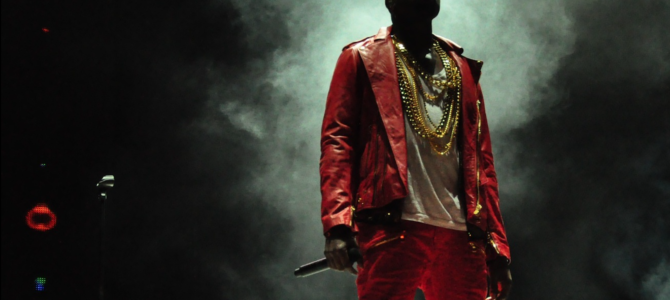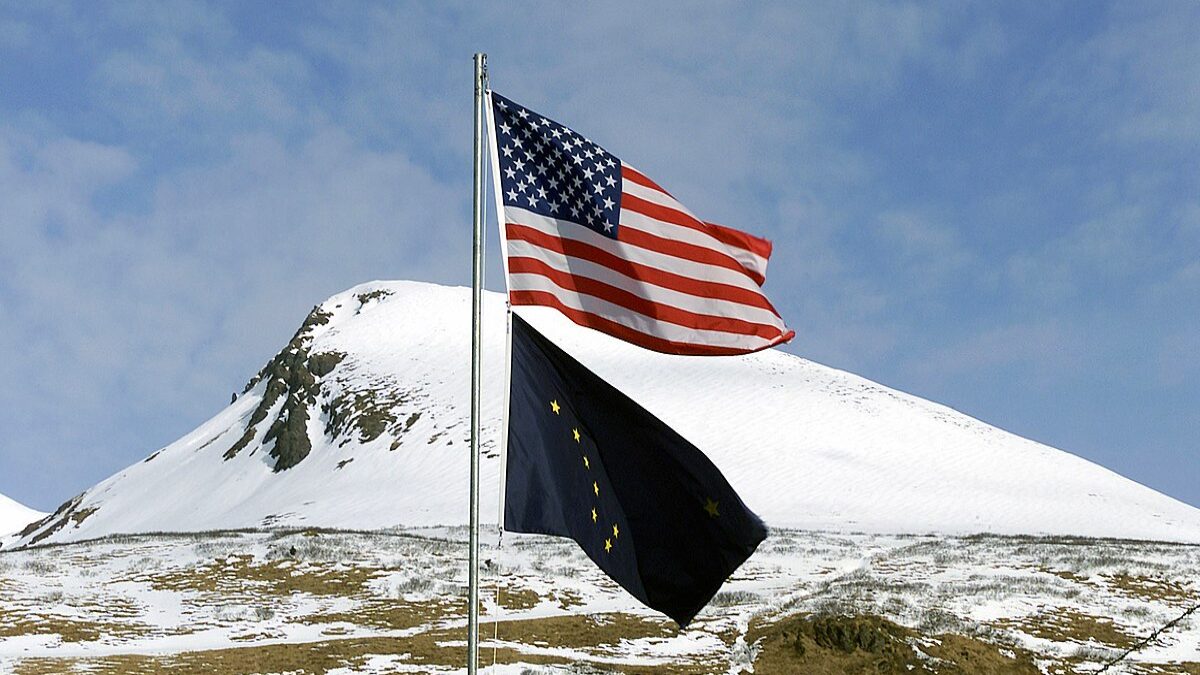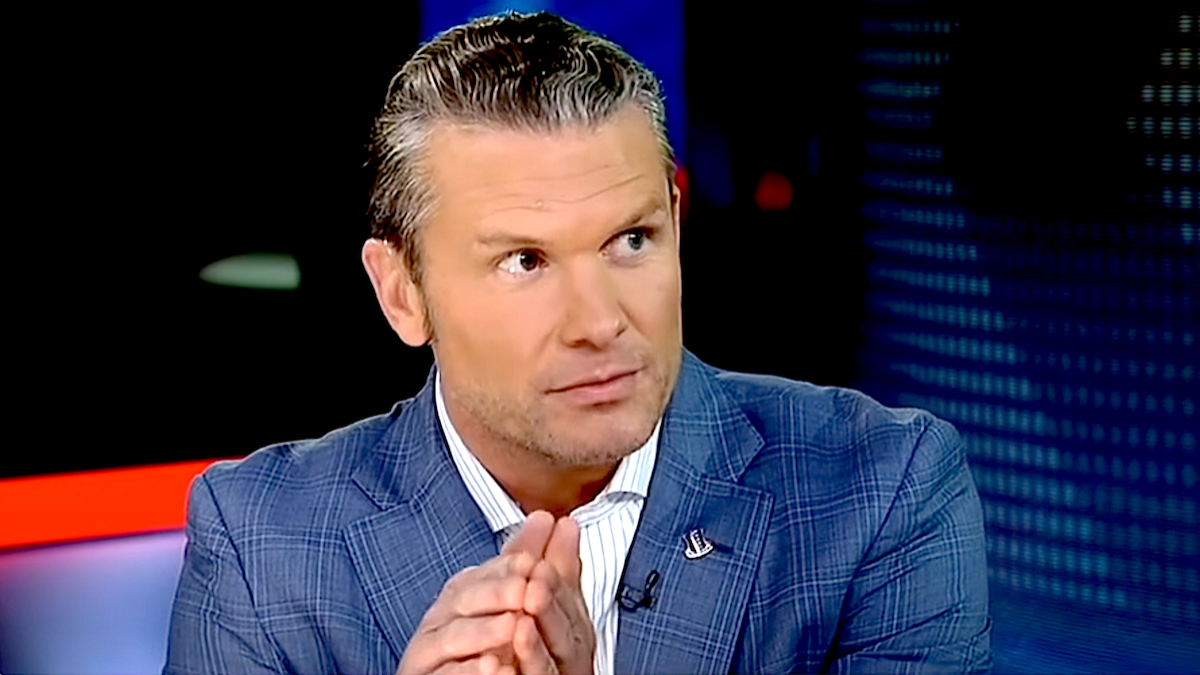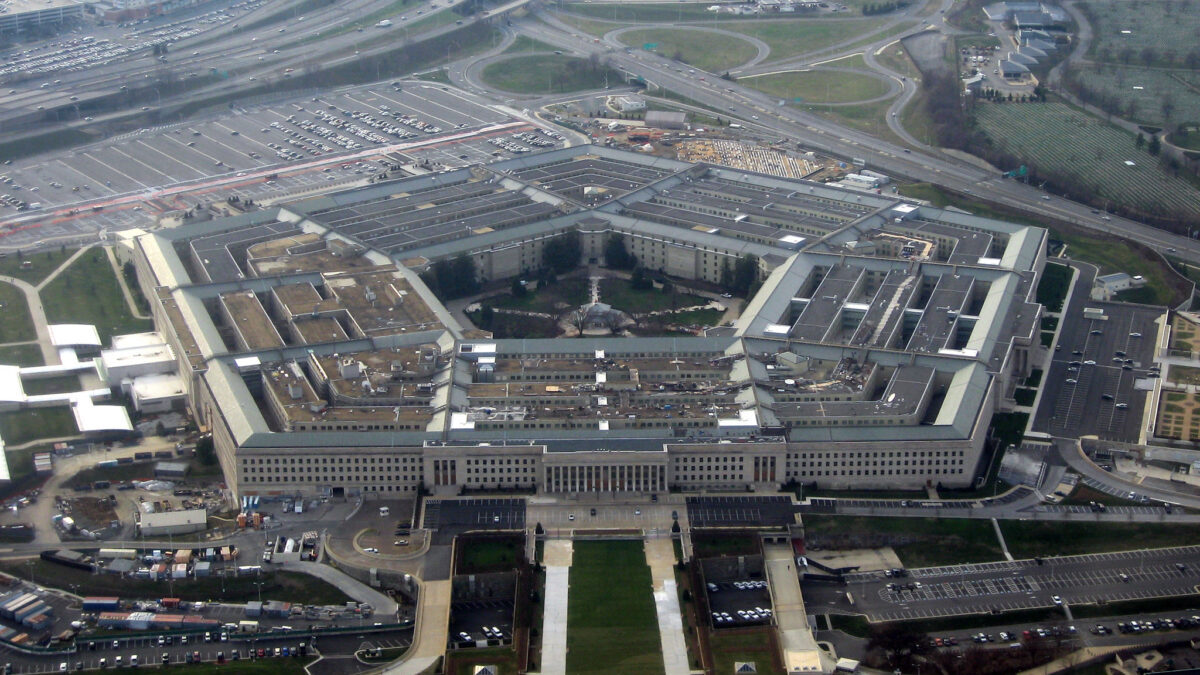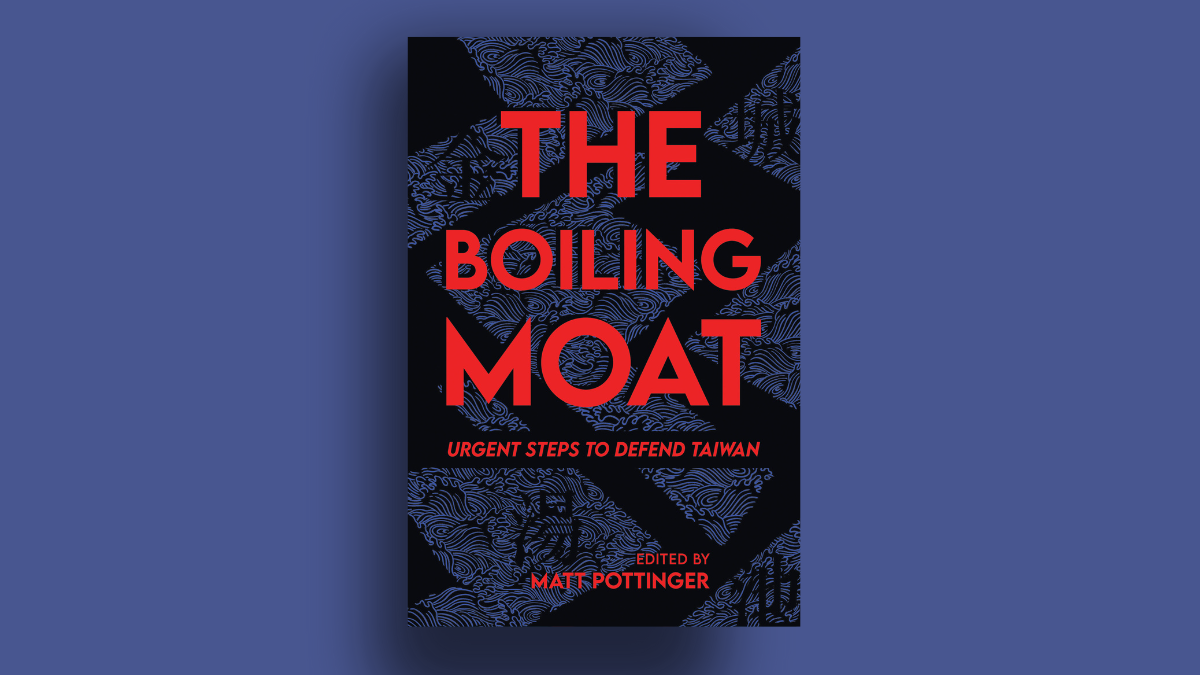Award-winning singer, fashion designer, and now presidential candidate Kanye West is known for keeping the public on their toes, and he surely lived up to his reputation earlier this month when he announced his plans to run for president in the upcoming November election.
It’s been nearly three weeks since the pop culture icon broke the news of his intended candidacy over Twitter, and West shows no signs of slowing down.
Much like his other professional pursuits, West’s road to the White House has been extremely unorthodox. While the Democrat and Republican candidates were chosen months ago through the traditional primary election channels, Kanye has already missed the deadline to file as an independent candidate in many states.
Kanye has two possible — albeit, unlikely — routes to run for president: garner enough petition signatures to get on the ballot in the remaining states where filing deadlines haven’t yet passed, or receive more write-in votes than Republican candidate President Donald Trump and Democrat candidate Joe Biden.
West has missed the filing deadlines to appear on the election ballots in Alabama, Montana, Nevada, New Hampshire, New Mexico, New York, North Carolina, and Texas. If him and his committee, which he notified the FEC he had created last Wednesday, don’t start filing to get on the ballot in other states, he could miss out on the fast approaching deadlines for Colorado, Florida, Georgia, Illinois, Indiana, Michigan, and South Carolina as well.
His team has taken some action in recent days, however. West took the first step in filing the necessary paperwork with the Federal Election Commission stating his intention to run, legitimizing his candidacy under federal campaign finance law. West is filed under a third party known as BDY (the Birthday Party) in an FEC Form 1.
Last week, West paid the $35,000 fee to be listed on the Oklahoma ballot. So far that is the only ballot he is known to be listed on. According to FEC rules, a presidential candidate must only spend a minimum of $5,000 on his campaign for it to be considered official.
According to “The Intelligencer,” West recently hired Steve Kramer, a “get-out-the-vote specialist” as an advisor to hopefully get him on the Florida and South Carolina ballots before the upcoming deadlines.
In Florida, rather than a fee, this entails gathering 132,781 signatures from Florida voters – before Aug. 1. West also urged South Carolinians to write his name in in a July 18 tweet, saying “Hi guys please sign up to put me on the ballot in South Carolina at any of these locations… You can also sign up at the website.” He listed eight locations where voters can sign him up. West also held his first campaign rally on July 19 in Charleston, SC.
August petition requirements for ballot access by independent candidates include signatures ranging up to nearly 200,000 in Alaska, California, Connecticut, Hawaii, Idaho, Iowa, Kansas, Louisiana, Maryland, Massachusetts, Minnesota, Nebraska, North Dakota, Ohio, Oregon, Pennsylvania, South Dakota, Tennessee, Texas, Utah, Vermont, Virginia, Washington, Wisconsin, and Wyoming.
The alternate option of forging a write-in campaign is hardly an option at all. Although local and house elections have witnessed stunning victories for candidates whose names were written in, successful presidential candidates who have resorted to the write-in strategy only use it in the primaries, which took place months before West threw his hat in the ring.
The success of a write-in campaign is incredibly improbable as a majority of states don’t allow for write-in votes. 32 states don’t count them and 8 states don’t provide the option at all, requirements which the Supreme Court acknowledged in the case of Burdick v. Takushi (1992) is legitimate if ballot access rules aren’t too difficult to achieve.
In the case that West argues ballot access is too restrictive in certain states, West has the opportunity to fight it in federal court. John Anderson, the late Republican senator from Illinois, employed this tactic when he ran as an independent candidate in the 1980 presidential election. Even against Ronald Reagan, as the presidential candidate who received the fourth highest number of electoral votes in U.S. history, Anderson ended with 6.6 percent of the popular vote. Anderson announced his candidacy on April 24, a little over two months prior to West’s announcement in his election year.
In West’s case, however, it appears highly unlikely he could successfully challenge the filing dates in court because as of July 6, The Fourth Circuit Court upheld North Carolina’s independent candidate petition deadline of March 3. North Carolina has the earliest deadline of any states, not to mention the required number of petition signatures needed was 70,666.
While West doesn’t necessarily need to be on the ballot in every state to win, it significantly hurts his chances of gaining the 270 electoral votes needed to acquire the presidency. It’s also worth noting no independent candidate has ever won the election to be the leader of the free world. The 1992 independent candidate Ross Perot achieved the highest percentage of the vote in history at only 19 percent, far short of the 50 percent needed.
Looming filing deadlines, appropriate levels of press, and legitimate campaign strategies are just among candidate protocol West must nail down if his hopes of winning are true. Although he does have one high-profile endorsement in Tesla CEO Elon Musk, West needs to consider pulling more influential support.
Kanye has proven his versatility as a rap legend, pro-life activist, and outspoken Christian. Maybe his broad skill set is primed for the American presidency as well. One thing is for certain: with 106 days left until the election, West has a lot of work ahead of him if he legitimately aims to win.
